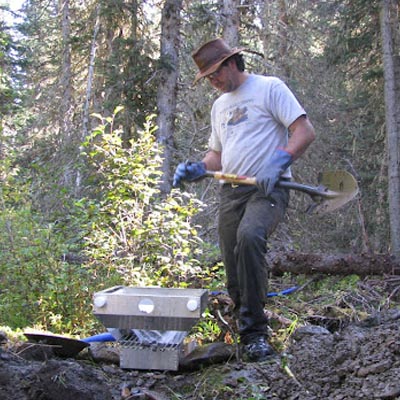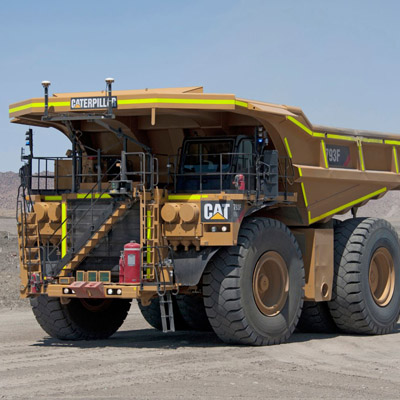New Edmonton biorefinery turns vegetable oils into renewable fuels
The company plans to produce four products: Renewable jet fuel, renewable diesel, biodiesel and glycerine

Rendering of new SBI BioEnergy Inc. new biorefinery. — Rendering by William H. Ross
Edmonton-based SBI BioEnergy Inc. has just opened a new, $20 million biorefinery on the south side of the Alberta capital.
The 35,000-square-foot facility in the Edmonton Research Park will convert canola oil and animal fats into renewable diesel and jet fuels that can replace or be blended with regular fuels.
SBI’s chief executive officer, Inder Pal Singh, said his company’s proprietary technology produces a cleaner fuel than other renewable products, because it doesn't use water or hydrogen and doesn't produce any waste.
"Any kind of vegetable oil can be converted into renewable diesel or renewable jet fuel using our technology," Singh said.
SBI (Sustainable Biofuel Innovation) plans to sell the biofuels it produces to refineries that will mix them with other fuels so they can meet federal renewable fuel standards.
Singh said his company expects to start producing 10 million litres of renewable fuel per year by the first quarter of 2017.
The company plans to produce four products: renewable jet fuel, renewable diesel, biodiesel and glycerine.
SBI glycerine is a colourless and ready-to-use product that is co-produced with biodiesel.
“One of the features that makes our products different from other biofuels is that no engine modification is required in order to use them,” said Singh.
Singh said SBI is a pioneer in a technique called process intensification and continuous flow-through reaction (PICFTR).
That mouthful is notable for enabling the rapid scale-up of routine reactions that produce a lot of energy, as well as the safe use of temperamental and dangerous chemicals.
According to SBI, the company’s PICFTR technology has a number of advantages over the traditional batch process. They include faster reaction time, better quality and yields, ease of scalability, reduced energy consumption, reduced costs and a lighter environmental impact.
Singh and SBI have been working on biofuel development since 2007.
“It has taken us eight years and almost $15 million in investment to get this far,” he said. “But it’s been worth it, because we’re starting to attract attention.”
The company has faced plenty of challenges along the way.
“Our biggest difficulty has been raising enough money,” Singh said. “We’ve also had to work hard to overcome psychological resistance to the idea of biofuels. We live in a country that is rich in oil and it hasn’t been easy to convince people there are other, better fuels available. But we’re making headway; governments have been starting to get on board the bandwagon.”
Singh said investors in the United States and Europe have expressed interest in the company’s PICFTR technology.
"There's international interest in it now because, compared to what else is out there today, it provides a major advantage in greenhouse gas reduction benefits and in operating and capital costs," Singh said.
Singh said SBI expects to add many more biofuel plants in the future, both inside and outside Canada.
The company has eight employees. Singh said he expects to add 35 more staff within a year.




